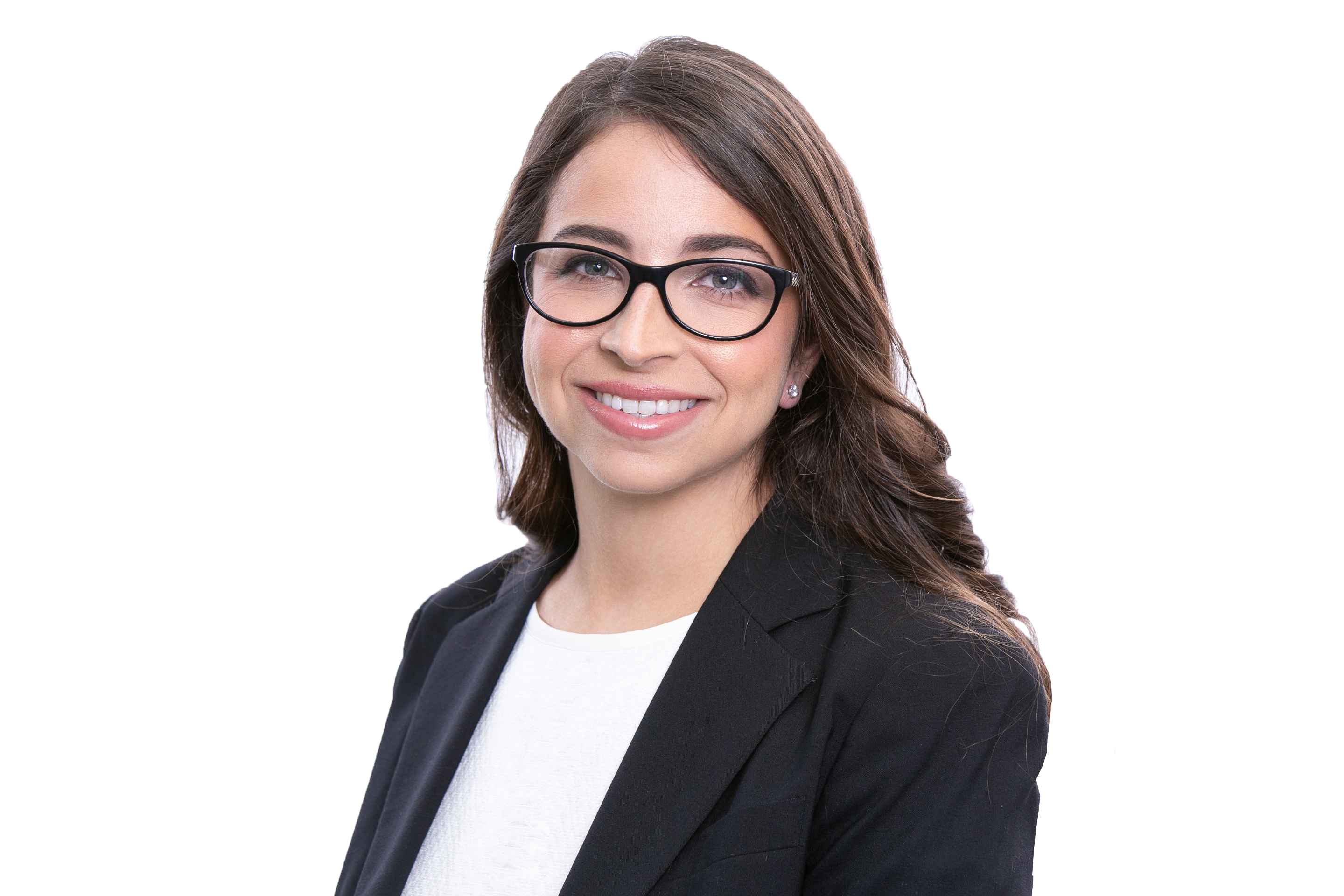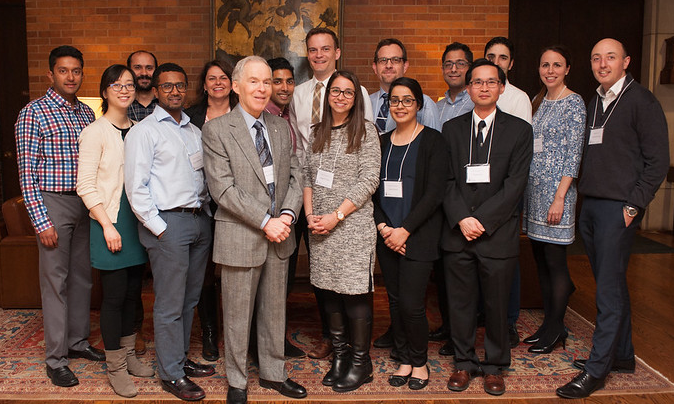Main Second Level Navigation
- Welcome
- Why Toronto?
- History of the Department
- Vision & Strategic Priorities
- Our Leadership
- Our Support Staff
- Location & Contact
- Departmental Committees
- Department of Medicine Prizes & Awards
- Department of Medicine Resident Awards
- Department of Medicine: Self-Study Report (2013 - 2018)
- Department of Medicine: Self-Study Report (2018 - 2023)
- Communication Resources
- News
- Events
Faces of U of T Medicine: Alanna Weisman

Claire Wiles
 Dr. Alanna Weisman is an endocrinologist at Mount Sinai Hospital, a PhD Candidate in the Clinical Epidemiology & Health Care Research program at the Institute of Health Policy, Management and Evaluation at the University of Toronto, and a Phillipson Scholar in the Department of Medicine’s Clinician Scientist Training Program. Her research is focused on investigating access to and outcomes of care for people with diabetes. She has held postdoctoral fellowships from the Canadian Institutes of Health Research, JDRF, Diabetes Canada and the Canadian Society of Endocrinology and Metabolism.
Dr. Alanna Weisman is an endocrinologist at Mount Sinai Hospital, a PhD Candidate in the Clinical Epidemiology & Health Care Research program at the Institute of Health Policy, Management and Evaluation at the University of Toronto, and a Phillipson Scholar in the Department of Medicine’s Clinician Scientist Training Program. Her research is focused on investigating access to and outcomes of care for people with diabetes. She has held postdoctoral fellowships from the Canadian Institutes of Health Research, JDRF, Diabetes Canada and the Canadian Society of Endocrinology and Metabolism.
Writer Claire Wiles spoke with Dr. Weisman about her experience as a CSTP trainee, and how she hopes it will propel her career as a clinical researcher.
What led you to pursue a career in diabetes research?
During my endocrinology training, I saw a lot of patients with type 1 diabetes who are often diagnosed at young ages, in childhood or adolescence, who struggle with managing this very complicated, life-long condition. There is a lot we don’t know or understand about why some people with type 1 diabetes do well and why others don’t, and who then suffer from complications. This motivated me to understand what these differences are, and how we can intervene and improve care and outcomes for people with type 1 diabetes.
How do you think the CSTP will propel your career as a clinical researcher?
I think the Clinician Scientist Training Program has a lot to offer in terms of preparing for a research career. First and foremost, it provides the support to pursue advanced research training. The program has allowed me to focus on completing a PhD in clinical epidemiology and healthcare research. It also provides a lot of phenomenal networking opportunities with trainees and with senior researchers. I think the program has really built a community and sense of collegiality among the trainees. We’ve developed a really collaborative environment and I think that is an asset for us as the next generation of clinician scientists. The program has also provided a lot of opportunities to interact with senior researchers that we might not have otherwise gotten.
What has been most valuable about the mentorship you’ve received as a CSTP trainee?
I think the most valuable aspect has been the preparation it’s provided in terms of scholarly development and skill development that we’ll need as clinician scientists. As a trainee, I’ve attended many seminars and other opportunities to build on the skills that are critical as a researcher, such as grant and manuscript writing, presenting our research or building a strong CV. The program also gives us the opportunity to meet world-class researchers to discuss the challenges of a clinician-scientist career and their experiences and advice for succeeding.
What research projects are you currently working on?
My thesis work involves analyzing a medication that is traditionally used as an anti-inflammatory to treat patients with gout, called allopurinol. There’s been growing interest that allopurinol might actually be beneficial for people with diabetes to reduce the risk of heart attack, stroke and kidney disease. I, with the input of my colleagues, am using routinely collected health data from all over Ontario to determine whether people with diabetes who are treated with allopurinol have lower rates of heart disease and kidney disease than those who are not treated with allopurinol.
What has been your most memorable experience so far during your training?
 One memorable experience during my training was the Phillipson Scholar Celebration in 2017, a Department of Medicine event where program trainees and alumni got to meet Eliot Phillipson. It was really amazing not only to meet him, but to have in one room many of the program alumni and clinician scientists from around the city and getting the opportunity to talk to them about their careers and success. It was a really inspiring evening.
One memorable experience during my training was the Phillipson Scholar Celebration in 2017, a Department of Medicine event where program trainees and alumni got to meet Eliot Phillipson. It was really amazing not only to meet him, but to have in one room many of the program alumni and clinician scientists from around the city and getting the opportunity to talk to them about their careers and success. It was a really inspiring evening.
What advice do you have for people wishing to become a clinician scientist?
My advice to trainees who are considering becoming a clinician scientist would be perseverance and to pursue something you’re passionate about. There are a lot of challenges to overcome and inevitable disappointments along the way, but if you are truly motivated and passionate about the research and career that you’re pursuing, then I think your passion and dedication will propel you forward to overcome the challenges.
Where do you see yourself in five years?
In five years, I hope to have a faculty position as a clinician scientist conducting diabetes research. I hope by then I’ll be well on my way to understanding what factors determine outcomes for people with diabetes, and hopefully beginning to design and test interventions to improve outcomes for people with diabetes.
This is part of a series of profiles that feature trainees and graduates of the Department of Medicine’s Eliot Phillipson Clinician Scientist Training Program. Established in 1994, this competitive program enables MD specialists to pursue research as a major component of their career in academic medicine and become leading innovators in research.



